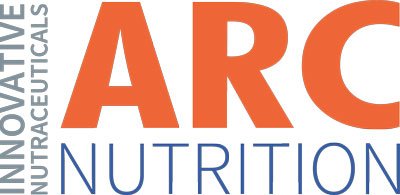Inflammation
Endothelial inflammation: the role of differential expression of enzymes in the immunological properties of heparan sulphate.
This article points out that the extent and distribution of sulphate substitution on heparan sulphate plays a vital role in regulation of the binding of a range of proteins. Their findings suggest that different cells produce characteristic heparan sulphate species, and that cytokine-stimulated endothelial cells showed an increase in their potential to bind RANTES. Their study demonstrated that pro-inflammatory cytokines can increase N-deacetylase/N-sulphotransferase expression leading to increased sulphation of heparan sulphate, which may enhance leukocyte extravasation at sites of inflammation.



